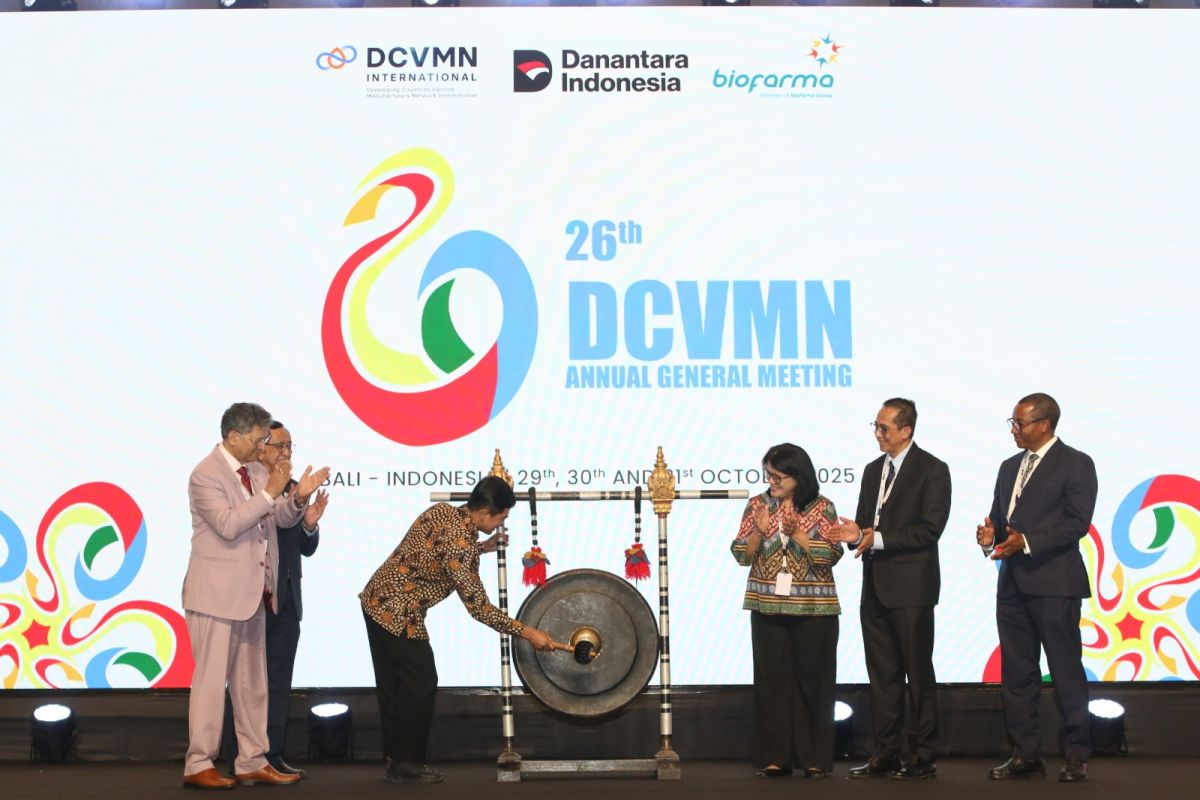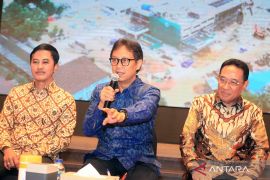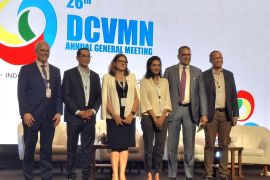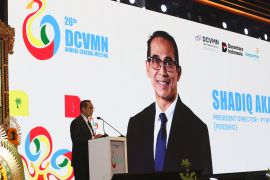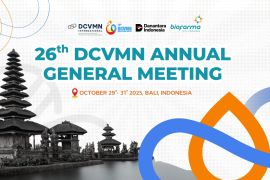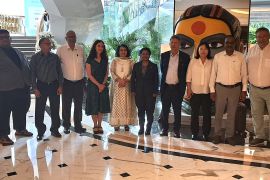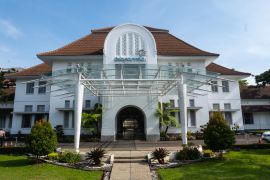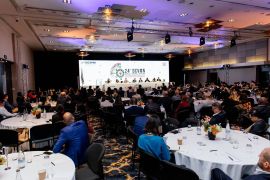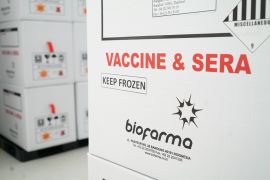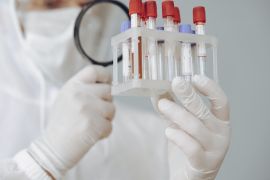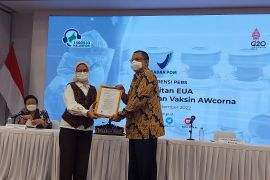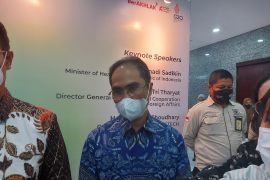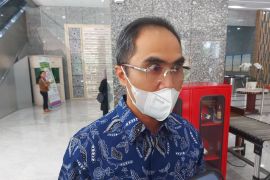The event brings together more than 420 participants from 46 vaccine manufacturers across 17 developing countries, alongside multilateral organizations such as WHO, UNICEF, Gavi, CEPI, PATH, CHAI, and the Gates Foundation, as well as philanthropic partners, regulators, academics, and global health industry leaders. Under the theme “Advancing Innovation and Building a Resilient Vaccine Ecosystem for a Safer World,” the forum discusses strategies to strengthen vaccine production capacity, accelerate technology transfer, and expand access to safe, high-quality, and affordable vaccines for all.
Indonesia’s Minister of Health, Budi Gunadi Sadikin, in his virtual address, emphasized DCVMN’s critical role in strengthening the global vaccine ecosystem, particularly during the COVID-19 pandemic.
He highlighted that developing countries hold both great potential and a pivotal role in shaping the future of the global vaccine industry. Strengthening manufacturing capacity in these regions, he said, not only brings producers closer to their markets but also reinforces supply chains and creates sustainable long-term value.
“Thank you to the dedication of its members, DCVMN has redefined what global vaccine manufacturing looks like, expanding capacity, adopting new technologies, and forging strong partnerships,” he said.
Meanwhile, Indonesia’s Deputy Minister of Health, Dante Saksono Harbuwono, underscored the importance of innovation, R&D collaboration, and equitable access, including through initiatives such as the Vaccine Collaboration Center and the Indonesia-China Joint Research and Development on Vaccines and Genomics Secretariat located in Kura-Kura, Bali.
“No country can act alone. Through DCVMN, let us advance deeper innovation and collaboration while ensuring equitable and timely access to vaccines for all,” Dante said.
“Indonesia continues to strengthen its R&D capabilities through the Vaccine Collaboration Center, hosts the Indonesia-China Joint Research and Development on Vaccines and Genomics Secretariat in partnership with Tsinghua University, and participates in global clinical trials for TB and malaria, efforts that all contribute to our nation’s health sovereignty and the protection of every life.”
As one of the world’s largest vaccine suppliers, Bio Farma has distributed its vaccines to over 150 countries, with 12 products prequalified by WHO (WHO-PQ). UNICEF widely uses Bio Farma’s vaccines for global immunization programs, including its polio vaccines that serve as a cornerstone of the world’s eradication efforts.
Shadiq Akasya, President Director of PT Bio Farma, emphasized the importance of cross-country and multilateral collaboration to ensure both the sustainability of the vaccine industry and the protection of global public health.
“We need more collaborative problem-solving with WHO, Gavi, UNICEF, CEPI, and other donor partners to find balanced solutions that safeguard both public health and industrial viability,” said Shadiq.
He also highlighted the growing challenges faced by vaccine manufacturers in developing countries, from increasingly stringent WHO prequalification processes to declining donor funding that constrains global market potential. According to him, this situation calls for a shared responsibility model in which risks, costs, and responsibilities are fairly distributed among international partners.
“We must move forward with a shared responsibility model that ensures every stakeholder contributes to maintaining the sustainability of the global health system,” he added.
Bio Farma is also leveraging this forum to strengthen global partnerships and seek solutions that support vaccine self-reliance across developing countries.
“We are using the DCVMN AGM as a momentum to drive innovation and collaboration, so developing countries can also play a greater role in building a resilient vaccine ecosystem,” Shadiq concluded.
Rajinder Suri, CEO of DCVMN, in his remarks, reaffirmed the importance of this network in preparing for future global health challenges.
“We will continue to enhance our capabilities and stand ready to support organizations such as CEPI and WHO in addressing future global health challenges,” said Suri. “We must not forget what we have learned from the pandemic. Innovation is at the heart of DCVMN, and harnessing artificial intelligence and digital transformation will be a key focus throughout this conference.”
He added, “We gather here to evaluate immunization agendas, discuss strategies, and align on clear action plans in an ever-changing geopolitical environment. As we all believe, immunization remains the most effective way to protect human health. The presence of policymakers, financial institutions, international organizations, regulators, industry leaders, academia, and civil society ensures that we share collective responsibility to lead the world toward a stronger, safer, and healthier future.”
Reporter: PR Wire
Editor: PR Wire
Copyright © ANTARA 2025
